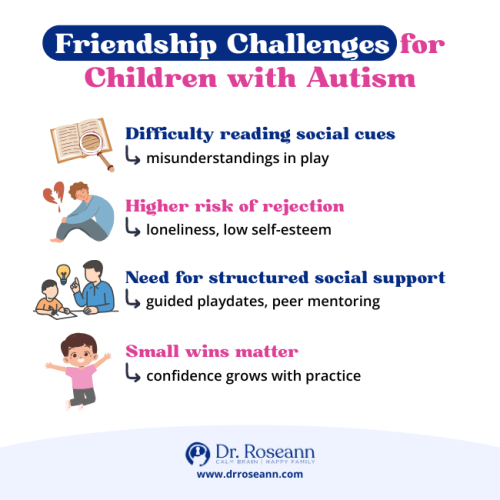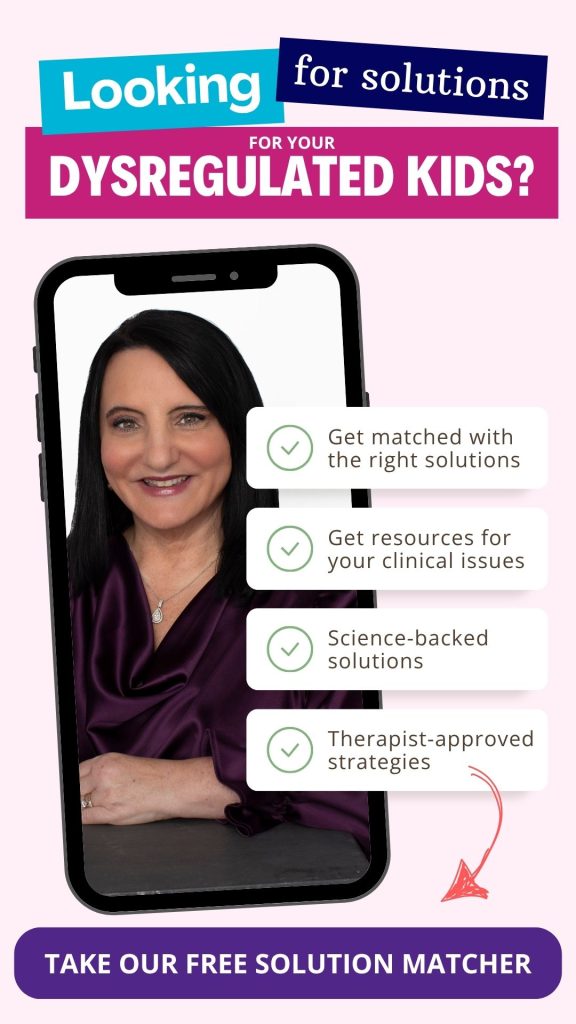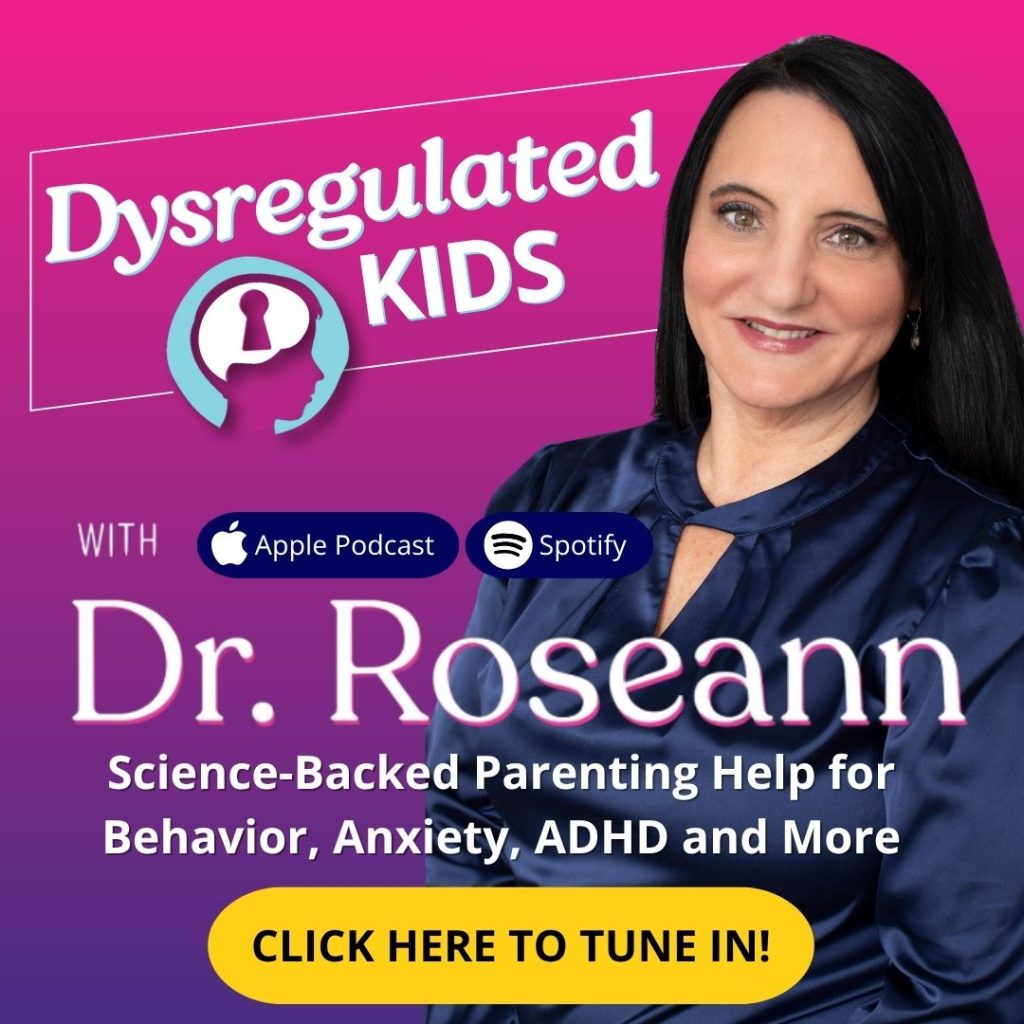Estimated reading time: 7 minutes
Having a child with autism can turn everyday moments into uphill battles, from bedtime struggles to social rejection at school. The weight of it all can leave parents feeling exhausted, isolated, and unsure where to turn.
In this post, we’ll explore the real ways life shifts for families, the emotional load on parents and siblings, and the practical tools that can help your child,and you, find more calm, connection, and hope.
How Life Changes When You Have An Autistic Child
Life shifts in many ways, often without warning. Routines, social plans, how you think about the future,all can feel different.
- Routines: Sleep, meals, transitions may need careful planning. Sudden changes (like a holiday or family gathering) can throw off the balance.
- Daily responsibilities: Between therapy sessions, doctor visits, school meetings, and behavior coaching, there’s often “extra work” that doesn’t always show.
- Family roles adjust: Maybe one parent becomes the main caregiver, siblings take on more, or extended family expectations change.
Emotional Impact of Autism on Parents, Siblings, and Family
The diagnosis isn’t just clinical,it’s emotional terrain. All family members may feel overwhelmed.
- Parents may experience anxiety, sadness, guilt, or grief. Studies show mothers of children with ASD often report elevated depressive symptoms vs. mothers of neurotypical children.
- Siblings can feel neglected, confused, or frustrated by the attention their brother or sister requires,but also pride and love. (Amate et al., 2024)
- Family relationships (spousal, extended family) sometimes strain under stress: financial, time, emotional load.
| Family Member | Common Emotional Experiences | Key Considerations |
| Parents | Anxiety, sadness, guilt, grief, worry about the future | Recognize your feelings are valid; seek support, self-care, and peer groups |
| Siblings | Confusion, frustration, feeling neglected, but also pride and love | Ensure one-on-one time, acknowledge their emotions, and involve them in understanding autism |
| Family Relationships | Strain on spousal or extended family relationships due to stress, financial and time pressures | Open communication, shared responsibilities, and outside support can reduce tension |
How Friendships and Social Rejection Affect An Autistic Child
Many autistic children want friendships, but social dynamics can be hard to navigate. Misunderstandings, rejection, and loneliness are common,and painful.
- Kids may miss non-verbal cues (tone, facial expression), leading to social missteps.
- Peer rejection can trigger anxiety and hurt self-esteem. Over time, it can fuel emotional dysregulation.
- Interventions like structured social skills instruction, peer mentoring, and inclusive settings can help

Takeaway: Friendships need scaffolding,tools, trusted spaces, kindness. Small wins build toward belonging.
What Does Acceptance and Understanding Look Like
Acceptance isn’t passive,it’s informed, active, relational. Understanding shifts how you respond, teach, and connect.
- For your child: Learning their sensory profile, triggers, communication style; seeing behavior as communication rather than “misbehavior.”
- For you: Letting go of comparison, of what you thought parenthood would look like. Moving toward hope and advocacy.
- For the community: Schools, neighbors, peers, family,all benefit from autism awareness, patience, and inclusion.
How To Support Your Autistic Child in Their Daily Life
Helping with day-to-day life isn’t about perfection,it’s about small changes that add up and reduce overwhelm for both of you.
- Visual supports & structure: Schedules, timers, routines that are visible and consistent.
- Sensory planning: Identify what makes your child feel calm vs. dysregulated (e.g. lighting, sound, touch), and try to anticipate and adapt.
- Communication tools: Sign language, picture exchange, speech therapy, augmentative communication if needed.
- Co-regulation: You stay calm and help scaffold regulation (deep breaths, cueing, modeling).
Supporting Daily Life for Your Autistic Child
Parent using a gentle cueing gesture (co-regulation in action)
Write: Small, structured supports and a calm presence can make daily life more manageable and joyful for children with autism.
Treatment and Therapy Options for ASD
There’s no one-size-fits-all. The best therapy plan is one that listens to your child, your values, and what’s working.
- Behavioral interventions: Applied Behavior Analysis (ABA), Naturalistic Developmental Behavioral Interventions (NDBI), etc.
- Speech and language therapy: For verbal, nonverbal, or minimally verbal children to improve communication.
- Occupational therapy & sensory integration: To help with motor planning, sensory processing, daily living skills.
- Social skills training: Peer group interventions, social stories, video modeling.
- Mental health supports: CBT for anxiety or depression, support for Rejection Sensitive Dysphoria (RSD) if present.
- Parent training and family therapy: Parents are part of the picture,how you respond, understand, self-care, advocate makes a big difference.
- Our Brain Behavior Reset Program: In our 1:1 program, you’ll receive 6-months of personalized care tailored to the unique needs of your child and family. So you can finally see your child calm, healthy, and happy.
You’ve spent this time walking through real challenges,from daily life feeling different, to emotional strain, to questions of acceptance and therapies. If you’re having a child with autism, know this:
- You’re doing more than you see,each small adjustment, each connection, each moment of advocacy matters.
- Change can happen,not always fast, not always linear,but it does happen.
- Community, self-care, acceptance are not optional extras,they are lifelines.
You’re not alone, and it’s gonna be OK.
FAQ
What is Rejection Sensitive Dysphoria (RSD) and how is it related to autism?
RSD is intense emotional pain felt from perceived rejection or criticism. Many autistic people are more vulnerable to it, which can deepen anxiety, shame, or emotional outbursts. Therapy (like CBT), supportive communication, and understanding from parents can help.
How do I know which therapy is right for my child?
Every child’s profile is different,skills, challenges, sensory needs, family values. Ask for assessments, try small pilots (e.g. short sessions), monitor how your child responds and adjust. Parent voices are essential.
Can I get help locally / affordably?
Yes. Depending on where you live, many places offer sliding-scale therapy, public‐school related services, community organizations, online supports or teletherapy. Connection with local parent support groups can often surface less expensive resources.
Citations
Estes, A., Swain, D. M., & MacDuffie, K. E. (2019). The effects of early autism intervention on parents and family adaptive functioning. Pediatric Medicine, 2, 21. https://doi.org/10.21037/pm.2019.05.05
Roubinov, D., Don, B., Blades, R., & Epel, E. S. (2023). Is it me or my child? The association between maternal depression and children’s behavior problems in mothers and their children with or without autism. Family Process, 62(2), 737–753. https://doi.org/10.1111/famp.12810
Dr. Roseann Capanna-Hodge is a licensed mental health expert that is frequently cited in the media:
- Parents Are Your Kid’s Meltdowns a Sign of Rejection Sensitive Dysphoria?
- Scary Mommy What Is Self-Regulation In Children, And How Can You Help Improve It?
- Medicinal Media Different minds grow awareness: understanding the autism spectrum
Disclaimer: This article is not intended to give health advice and it is recommended to consult with a physician before beginning any new wellness regime. *The effectiveness of diagnosis and treatment vary by patient and condition. Dr. Roseann Capanna-Hodge, LLC does not guarantee certain results.
Are you looking for SOLUTIONS for your struggling child or teen?
Dr. Roseann and her team are all about science-backed solutions, so you are in the right place!
Manage Autism, reclaim joy and restore peace in your home
©Roseann Capanna-Hodge










